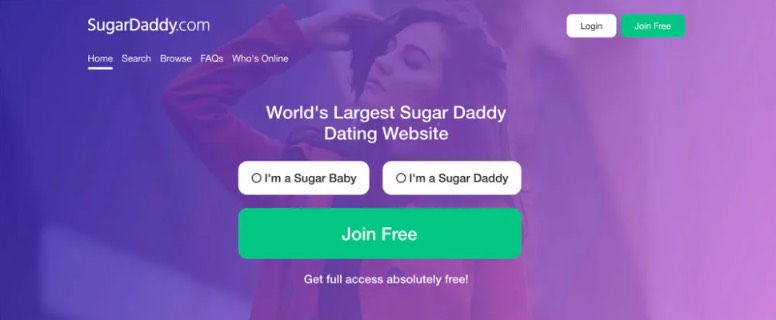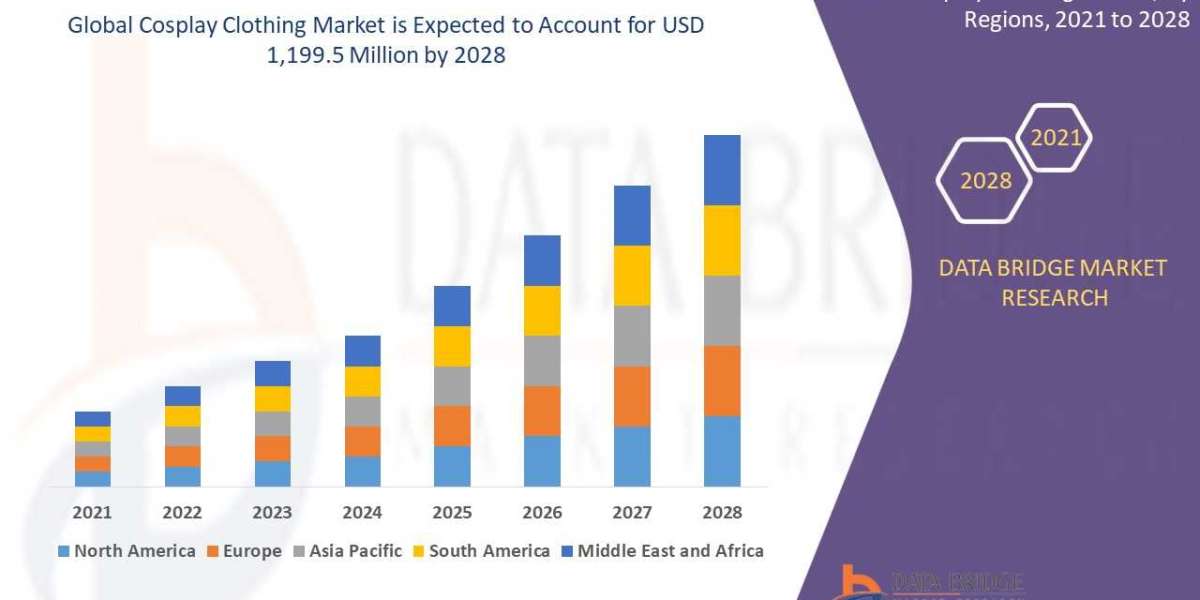
In recent times, the concept of sugar dating has gained appreciable traction throughout Europe, leading to the emergence of numerous sugar daddy websites that facilitate these relationships. These platforms, designed to connect wealthy individuals—often known as "sugar daddies"—with younger companions searching for financial assist or mentorship, replicate a unique intersection of romance, economics, and social dynamics. This article explores the panorama of sugar daddy websites in Europe, analyzing their attraction, consumer demographics, and the implications for modern relationships.
The allure of sugar daddy websites is multifaceted. For many younger individuals, particularly college students or those in the beginning of their careers, the prospect of monetary assistance may be attractive. The common price of dwelling in main European cities can be prohibitive, and many younger adults discover themselves burdened by student loans or the excessive cost of housing. Sugar daddy arrangements provide a potential resolution, providing financial stability in exchange for companionship or intimacy. This transactional nature of the relationships is often framed as a mutually useful arrangement, the place each parties can fulfill their respective wants.
The demographics of customers on these platforms reveal a various array of motivations and backgrounds. Many sugar daddies are affluent professionals, often of their 30s to 60s, who search companionship without the standard commitments related to conventional relationships. Then again, sugar babies—typically youthful women, though there is a growing variety of male sugar babies—are usually school college students or young professionals searching for monetary assist. This age disparity is a hallmark of sugar dating, and it raises questions about power dynamics, consent, and the character of attraction in these relationships.
A major factor contributing to the popularity of sugar daddy sites in Europe is the altering panorama of relationship and relationships. Traditional relationship paradigms are evolving, with many individuals looking for alternate options to conventional courtship. The rise of online relationship has normalized the concept of in search of companions by digital platforms, making sugar dating a extra acceptable option. Moreover, societal attitudes towards relationships and monetary assist have shifted, with many viewing sugar dating as a reliable life-style alternative quite than a stigmatized association.
The marketing methods employed by sugar daddy websites play a vital position in attracting users. Many platforms promote themselves as unique communities where wealthy individuals can join with engaging, formidable partners. The use of aspirational imagery and testimonials from glad customers creates an enticing narrative that appeals to both sugar daddies and sugar babies. Should you cherished this informative article and also you wish to receive details about sugar daddy websites las vegas daddy websites europe - Heavenarticle.com - generously check out our webpage. Moreover, these websites usually emphasize security and discretion, reassuring customers that their privateness will be protected. This give attention to security is especially vital, given the potential risks related to assembly strangers online.
Regardless of the allure of sugar daddy sites, they aren't without controversy. Critics argue that these platforms perpetuate exploitative relationships, where younger people could really feel pressured to interact in intimacy for financial achieve. Concerns about consent and the potential for emotional manipulation are prevalent, as the ability imbalance inherent in these relationships can lead to unhealthy dynamics. Furthermore, the normalization of transactional relationships raises moral questions on the nature of love, intimacy, and financial dependency.
In response to those criticisms, many sugar daddy websites have applied measures to promote consumer safety and properly-being. Verification processes, background checks, and user evaluations are widespread options designed to foster a sense of trust among users. Additionally, some platforms offer assets and assist for customers to navigate the emotional complexities of sugar dating. Nevertheless, the effectiveness of those measures in addressing the inherent dangers of sugar dating stays a subject of debate.
The authorized panorama surrounding sugar daddy websites in Europe can also be complex. While these platforms operate in a legal gray area, the character of the relationships facilitated by these websites can increase legal and moral concerns. In some countries, the trade of money for companionship could also be seen as a form of prostitution, leading to potential authorized repercussions for users. As such, the regulation of sugar daddy sites varies broadly throughout Europe, with some countries embracing them as authentic companies, whereas others impose strict restrictions.
As sugar daddy sites proceed to proliferate, their impact on societal norms and relationships can't be missed. The normalization of transactional relationships challenges conventional notions of love and partnership, prompting a reevaluation of what it means to connect with another person in a significant approach. For some, sugar dating gives a pragmatic answer to financial struggles, whereas for others, it raises questions about the commodification of intimacy and the ethics of in search of monetary support in change for companionship.
In conclusion, sugar daddy sites in Europe symbolize a contemporary social phenomenon that displays broader modifications in dating tradition, economics, and societal attitudes in direction of relationships. While these platforms supply alternatives for monetary support and companionship, additionally they elevate important moral and social questions on power dynamics, consent, and the nature of intimacy. As the landscape of sugar dating continues to evolve, will probably be essential for customers, advocates, and regulators to have interaction in ongoing discussions about the implications of those relationships and the way forward for love in a transactional world. The phenomenon of sugar dating shouldn't be merely a trend; it's a reflection of the complexities of trendy relationships, formed by financial realities and altering social norms.








